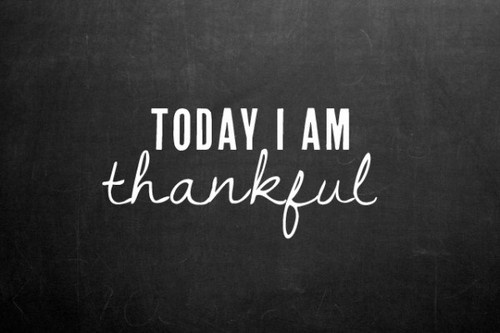Hi lovelies! I hope you enjoyed our video! My key takeaways are mentioned in the video so I shall sum up my final summary with my self test and its scores in comparison to the scores before taking the module!
- Accessing, managing and evaluating online information: 3 → 4
Through this module, I did more in depth research which enhance my previous experience in Republic Polytechnic. I am being exposed to the wide information from open access and learnt to evaluate their reliability and make use of them for my blog posts.
- Participating in online communities: 2 → 4
Thanks to #MANG2049, I am able to participate in #MANG2049 community in Google hangout, WordPress and Twitter with my professors and fellow course mates. Moreover, I am able to learn and interact with #UOSM2033 who are also learning the same module as us!
- Building online networks around an area of interest: 2 → 3
After this module, I joined communities such as Big data, Advertising Age in Linkedin! I am connected with people who have the same interest as me! Looking forward to their updates and can’t wait to share my views with them in the future as well!
- Collaborating with others: 2 → 3
Collaborative learning is the objective of this module. I’ve learnt to collaborate and learn from each other through the web. Learning has never occurred to be so enjoyable and I hope other modules can adopt the same concept!
- Creating online materials (text, audio, images, video): 3 → 4
Adding audio or video materials help to enhance our blog posts! As a result, I’ve learnt to create and use Prezi and also collaborated with my peers to create a video for our final presentation for this module. It was an exciting experience!
- Managing your online identity: 3 → 4
Currently, I’ve managed my authentic professional profile through LinkedIn for future career and also I still believe in having one online identity so I ensure all my online profiles are consistent and well connected with each other!
- Managing your online privacy and security: 1 → 3
I’ve learnt to spot and switch off cookies and manage privacy settings on some information. But still, “Nothing online is really private”, a sentence that I take away from this module, therefore, I will start to be extra careful and conscious on the information I posted online.
This module has definitely helped me in my digital skills and expose me to a whole new level of the internet world. I have obtained useful skills and knowledge which will aid me in my learning for my future modules and for my future career.
Thank you Lisa, Olja and those who helped me in my learning! Overall, it was a fresh and exciting journey with you. Have a good rest everyone and to my fellow course mates #MANG2049…
HAPPY CRAZY HOLIDAY!!!
Links to my online profiles are at the blog header 🙂









